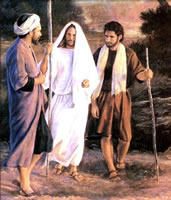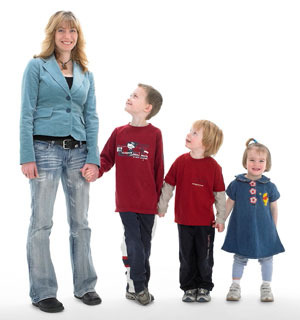
Is This My Childhood?Hood or Holy?
As a kid living in the city, the neighborhood kids hung out at the street corner. We didn’t do much, it was a social thing, and as teens we were social. I remember getting reprimanded by my mother because of its “image”. She was worried. I guess she thought we were turning into hoods in a gang. We were in our teens, bored, and desired a social life. What the hanging out did was establish relationships and friendships for a lifetime.
The Great Commission is basically go out to all the world to “hang out” with them with the gospel, the good news. Paul had the method down. He hung out at Mars Hill in Greece to introduce them to the “unknown God”, then throughout Asia met people in public places, often getting stoned or thrown out of town. We, as the Church, got it backward. We expect the world to “come in” to our church buildings instead of having the Church go out and hang out with the world. The attitude of “God forbid going to a bar; what would happened if Jesus returned and caught you there?” instilled holy fear into me preventing me from ever going out to be with sinners, yet that is exactly where Jesus went. I sought the safety of the cocoon my church created isolating myself from the world to be “holy” while Jesus went out!

Jesus' first miracle was while “partying” at a wedding, making “good wine” for the boys! That doesn’t sound very holy! My church wouldn’t practice that! Jesus “partied” with the Zacheus and his peers, tax collectors, the I.R.S. boys of his day, and I am sure those boys know how to party after April 15th! That would be a non-approved activity by my church too!
Jesus “hung out” with a Samaritan woman, alone, at a well, while his disciples were away. That was a social taboo of his day, a real no-no, but he did it. You know the story of the woman at the well. It only brought her into the kingdom, revealed his Messiahship, and brought a revival to the town in which she lived, all because he was willing to “hang out” with her.
Jesus “hung out” with lepers, demon possessed people, the sick, the rejects of his society only to have positive, life changing, results! Meanwhile, his disciples, whom he had been shepherding, watched intently.

Maybe we need to rethink, have a different mindset, on what shepherding is as a Church. Church, in my memory, is talking-the-talk through sermons, courses, programs, Bible studies, small groups, etc. There was little walking-the-walk beside you in every day living. Walking with you “through the valley of he shadow of death” (Psalms 23) rather than preaching or teaching you about the valley is what the Church needs to strive for.
“Hanging Out” is repulsed by large Crusades, large church complexes where hundreds meet weekly, organized “programs”, and pristine orchestrated “services”. It can only be done with a few, no more than twelve to be effective, is informal, and can happen wherever a few people are at the present time. We need to change our mindset.























